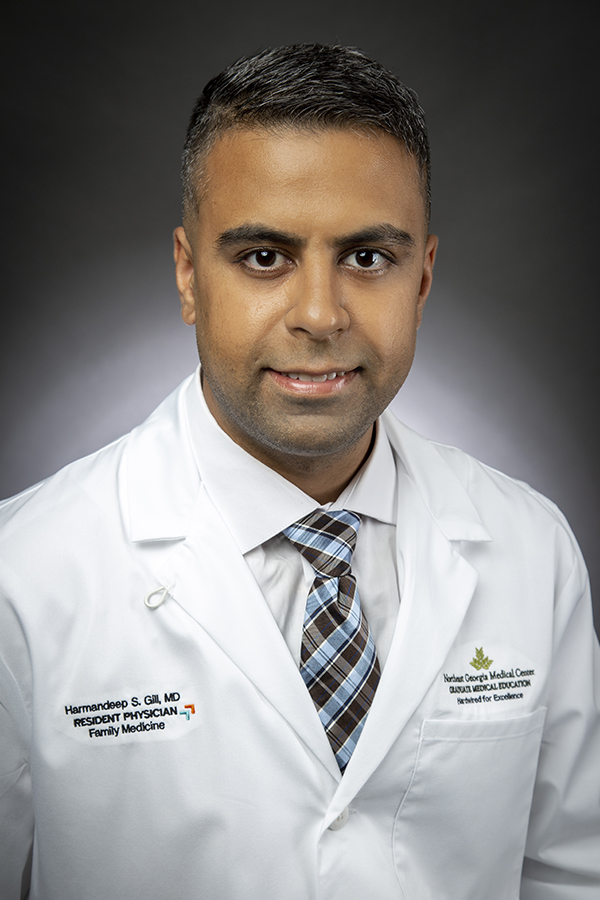Sexually transmitted infections (STIs) are incredibly common. In fact, nearly 20 million people in the United States get an STI each year.
Sexually transmitted infections, also known as sexually transmitted diseases (STDs), are infections that are passed from one person to another through sexual contact. There are over 20 types of sexually transmitted infections, which can be caused by bacteria, parasites, and viruses.
STIs can be spread through unprotected oral, vaginal, or anal sex with an individual who has an STI. Some STDs can also be spread by skin-to-skin contact. STIs can also be transmitted from mother to baby through breastfeeding, childbirth, and pregnancy.
If left untreated, STIs can even negatively affect fertility, pregnancy, and a person’s organs. Untreated STIs can also lead to cancer, infections in other parts of the body, and occasionally even death.
Symptoms of STIs
Not all STIs have symptoms. However, STIs can still be harmful and contagious, with or without symptoms. If an individual does experience symptoms, they could start days to years after exposure.
Possible symptoms may include sores/warts in the genital area, painful urination, unusual discharge from the vagina or penis, blisters/sores around the mouth, itching in the genital area, abnormal vaginal odor, fever, and abdominal discomfort.
How to Prevent STIs
Lower your risk for sexually transmitted infections with the following tips:
- Use condoms
Not only can condoms prevent unwanted pregnancy, but they can also help to prevent STIs. Barrier protection exists in multiple forms, such as male condoms, female condoms, and dental dams. - Get tested regularly for STIs
Testing for STIs is very easy, and it is better to take the test and get treated rather than risk infecting others or developing health problems. And remember, it is also okay to ask your partner(s) to get tested for STIs! - Get vaccinated
Vaccines are available to protect you against HPV and hepatitis B, which can be sexually transmitted. - Limit your number of sexual partners
Your risk of having an STI increases along with your number of sexual partners. It is recommended to stick to monogamy, as having sex with one partner can greatly reduce your chances of contracting an STI.
Treatment for STIs
It is important to be tested by your doctor or nurse for sexually transmitted infections. STI testing can include blood tests, urine tests, fluid or tissue sampling, and a pelvic and physical exam.
Some sexually transmitted infections can be cured, but not all. For infections that cannot be cured, medications are available to help manage symptoms. Infections caused by bacteria, such as chlamydia, syphilis, and gonorrhea, can be cured with antibiotics. Antiviral medications can help to slow the effects of herpes and HIV, but cannot cure the diseases. Antivirals can also help to fight hepatitis B.
Is PrEP right for me?
Pre-Exposure Prophylaxis, or PrEP, is a medication that can be prescribed by your doctor to reduce your chances of getting HIV from sex. Though there are multiple risk factors for contracting HIV, what most people don’t know is that you can be on PrEP if you tested positive for any STI within the last six months.
When to See A Doctor
If you are sexually active, routine sexual check-ups are important! If you may have been exposed to an STI or have signs and symptoms of a sexually transmitted infection, it is important to see a doctor immediately. Make an appointment with your doctor if you are considering becoming sexually active or before you start having sex with a new partner. Be proactive!
Make an appointment to see a doctor
If you’re in need of a doctor, our physicians at Northeast Georgia Physicians Group would be happy to see you. Find one near you with availability – you can even schedule an appointment online.




